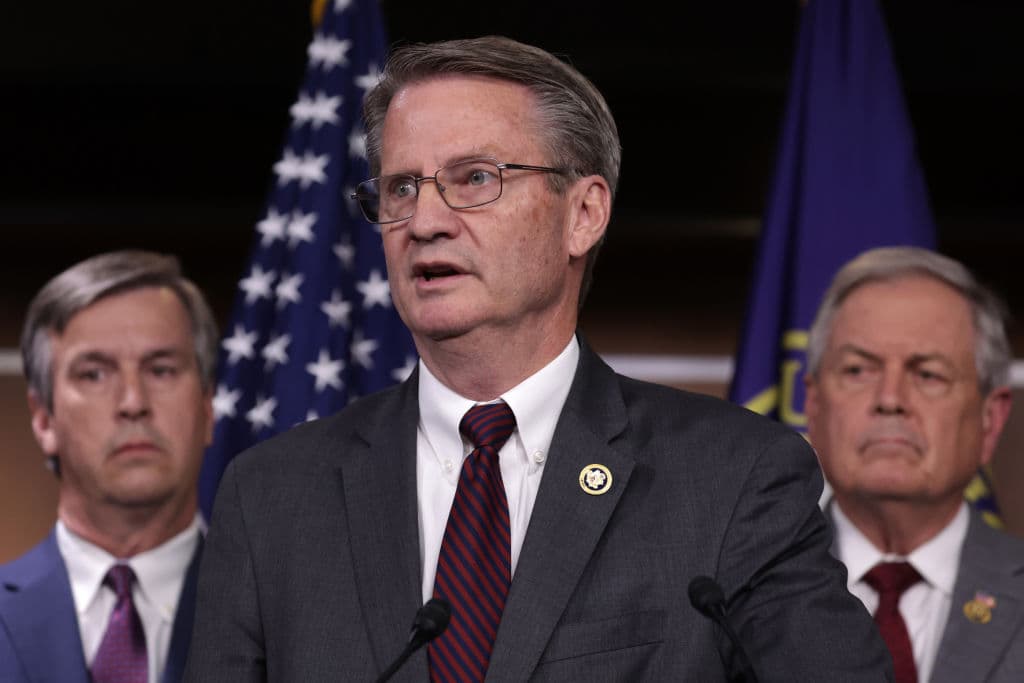Representative Tim Burchett Questions Pharmaceutical Industry Campaign Contributions Amidst $25,075 in Past Donations

U.S. Representative Tim Burchett (R-TN) recently raised a pointed question regarding the influence of the pharmaceutical industry on political campaigns, asking, "What does Big Pharma get for its Millions they give to your campaign?" The tweet highlights ongoing scrutiny into the relationship between pharmaceutical companies and elected officials.
Data from OpenSecrets.org indicates that in the 2021-2022 election cycle, the Pharmaceuticals/Health Products industry contributed $25,075 to Rep. Burchett's campaign. However, for the more recent 2023-2024 cycle, no contributions from this specific industry were recorded for his campaign committee. The broader "Health Professionals" sector, which includes various healthcare-related groups, contributed $37,328 in 2021-2022 and $32,022 in 2023-2024 to his campaign.
The pharmaceutical industry is a significant player in political spending, often contributing to both Republican and Democratic candidates across various cycles. These contributions are typically channeled through Political Action Committees (PACs) or individual donations from employees and their families, as direct corporate donations to federal campaigns are prohibited. Industry observers and advocacy groups frequently question whether these financial ties influence legislative decisions related to drug pricing, regulation, and healthcare policy.
Rep. Burchett's inquiry adds to a growing public discourse concerning transparency and accountability in political funding. While campaign finance laws require disclosure of donors, the perceived quid pro quo between contributions and policy outcomes remains a contentious issue. The question posed by the Tennessee Congressman underscores the public's demand for clarity on how such donations may impact the legislative process and public health.